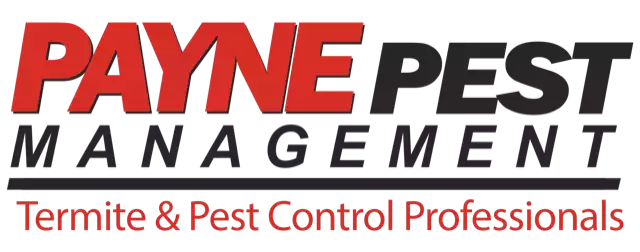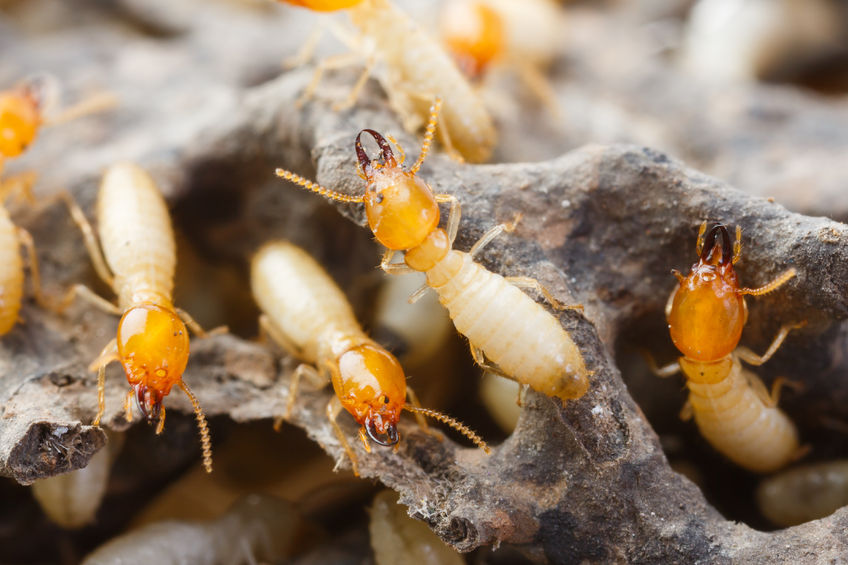Payne Pest Management shares red flags that could indicate the presence of a termite infestation
Experts with the NPMA estimate that termites cause $5 billion in damage every year. This could mean a costly repair bill for homeowners if they don’t spot and stop an infestation in its tracks. Unfortunately, most homeowners don’t recognize the signs of an infestation until it is too late.
While pest professionals don’t recommend a homeowner inspect their home on their own, there are a few red flags that they should look out for that could signal the presence of an infestation. Payne Pest Management is sharing the top five signs that a home has termites:
- Swarmer or Discarded Wings: Swarmers, also known as reproductives, are young female and male winged termites. In the springtime, after the last freeze, termite swarmers will emerge from their nest to mate and search for a new location to start a colony, which typically includes our homes. Termite swarmers, or their discarded wings near windowsills and doors, are often the first (and only visible) sign of a termite problem.
- Mud Tubes: Subterranean termites, the most destructive termite species, build mud tubes to provide moisture while they travel between their colony and food source. Mud tubes are most often found near the home’s foundation and look like encrusted, dry dirt similar to the size of a drinking straw.
- Wood Damage: Termites tend to eat wood from the inside out, so wood that sounds hollow when tapped often signifies a termite infestation. Additionally, homeowners should also look for blistering pieces of wood.
- Uneven or Bubbling Paint: Uneven or bubbling paint is often a sign of moisture build-up, which could mean one of two things – water damage or termites.
- Frass: Drywood termites produce wood-colored droppings as they eat through infested wood. If a homeowner finds a small pile of what looks like pellets inside or outside the home, it could be a sign of a drywood termite infestation.
If you suspect you have a termite infestation, it is best to contact a licensed pest control expert as soon as possible to stop the damage before it gets worse. It is also recommended that homeowners have an inspection done every year to ensure their home is safe from termites.
For more information on this pest, please visit www.paynepestmgmt.com







